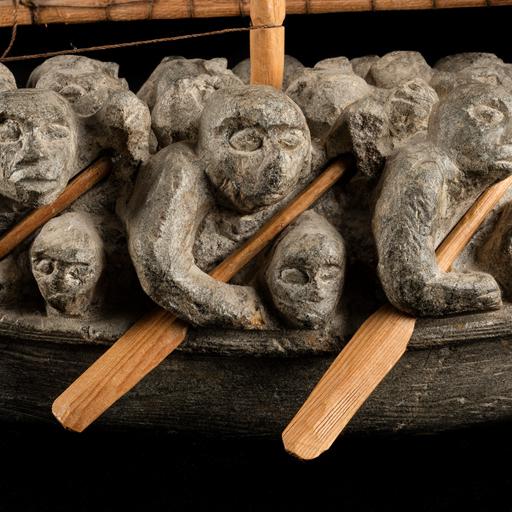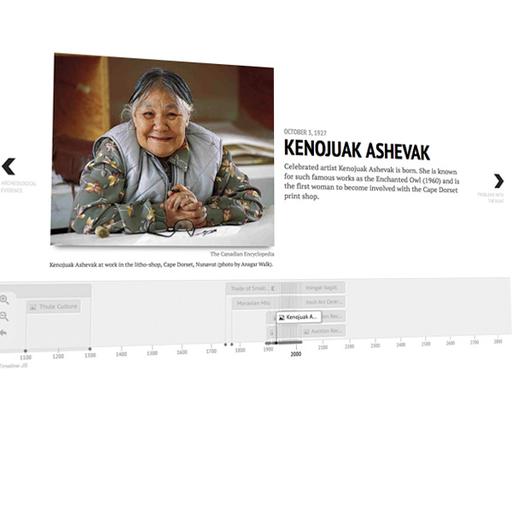Winnipeg high school students succeed in creation of outdoor Indigenous classroom
CBC News | September 16, 2022
Categories: news
Oak Park High School has been working on the project for nearly 4 years
CBC News · Posted: Sep 15, 2022 8:06 PM CT | Last Updated: September 16
Nearly four years in the making, Winnipeg's Oak Park High School has opened a new outdoor Indigenous classroom that will be available to students, staff and the community.
The occasion was marked with a ceremony Thursday afternoon.
Class of 2021 graduate Jodi Fourre was one of the early advocates for the creation of a space for Indigenous students, after founding the student Medicine Wheel Committee.
Then-principal Troy Scott supported the idea, and helped Fourre secure funding from Winnipeg city council.
Fourre said the unveiling of the classroom felt surreal for her.
- Winnipeg high school football player given Indigenous youth award dreams of inspiring others
- Young people learn about environment, tackling climate change through Métis traditions at Manitoba day camp
"I showed them [my ideas] without knowing what would come of them … and now I'm a graduate and I'm sitting here on an idea I made when I was in Grade 10. It's very inspiring," Fourre said.
She hopes the classroom will be used as a space to make memories and learn from elders and knowledge keepers.
Social studies teacher Darren Klapak says the school's Indigenous population has grown in recent years.
His students began talking about needing a space for ceremony. At the time, students weren't allowed to smudge inside the building.
"Students went to admin and said, 'That's wrong, why do we have to hide?'" Klapak said.
Administration championed the cause, which led to the division changing its policy.
Klapak, who also teaches an Indigenous issues course, is grateful to have an outdoor classroom that will be a safe, sacred space for people to gather and learn.
"It's nice to have a space to share, not just for Indigenous students, but for all students — we're all on this journey of reconciliation together," Klapak said.
Non-Indigenous himself, he recalls the lack of education about Indigenous issues when he was in school.
"The Indian Act was never taught to us. Residential schools were happening when I was in school, but it wasn't talked about," he said.
"But now … with the internet, with technology … no one has an excuse anymore to say we didn't know."


